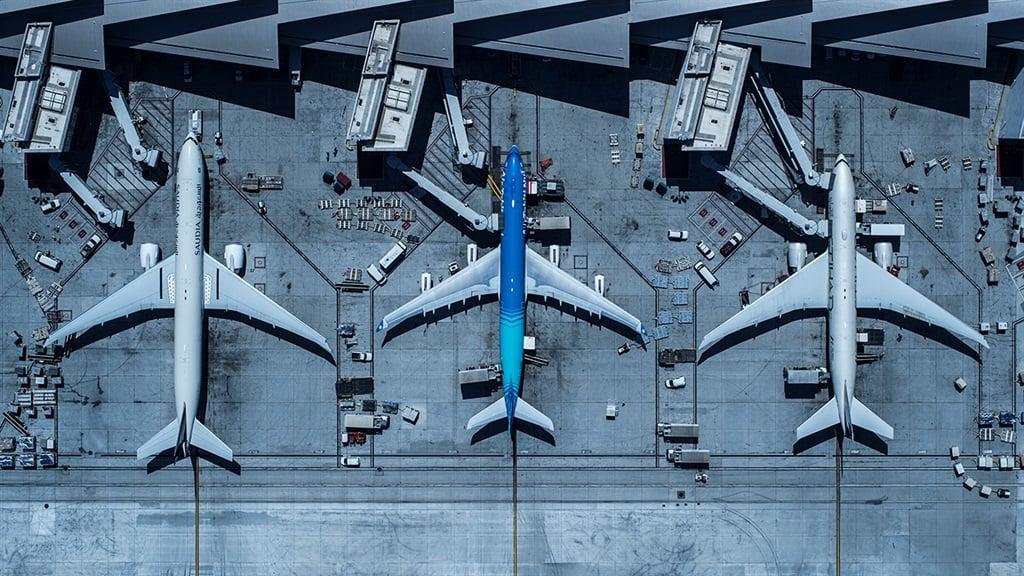Africa-Press – South-Africa. Airports Company South Africa (ACSA) “vehemently denies” that its plans to institute operational changes in aircraft refuelling are an attempt to bypass sanctions imposed by Western governments on Russian aircraft in response to Russia’s war on Ukraine.
As reported by News24, Parliament’s Portfolio Committee on Transport was this week briefed on the refusal by major oil companies, supplying jet fuel at ACSA airports, to refuel Russian planes.
Last year, two Russian planes could not get fuel from the large international fuel suppliers at OR Tambo and Cape Town International Airports. This was because fuel suppliers had to adhere to the sanctions imposed on Russia by their countries of origin and their own company policies.
ANC committee members asked ACSA for assurance that South Africa – which has not sanctioned Russia – won’t “indirectly impose” sanctions on planes from that country because jet fuel suppliers refuse to refuel Russian planes.
In the briefing, ACSA highlighted plans for a new refuelling process.
Currently, large fuel suppliers lease airport fuel storage and hydrant facilities from ACSA. They own their equipment and vehicles to get jet fuel into planes. ACSA has an agreement with the oil companies that they can manage the fuel facilities and operations directly.
But the new planned process will see oil companies only supply the fuel. A new independent operator will manage the facilities on ACSA’s behalf. The independent operator will operate the tanks and fuel hydrant, and the oil companies will have to pay a fee to the operator.
The oil companies will consequently have no say in the refuelling of planes.
In its statement on Friday, ACS denied that it was “sanction busting” and rejected any suggestion that the move was a direct response to the two Russian aircraft refuelling incidents last year.
“ACSA’s plan to separate jet fuel supplying companies from the refuellers and through-putters at its airports, by appointing its own independent refuelling and through-putting operator, dates back to 2020, long before the outbreak of hostilities between Russia and Ukraine,” ACSA said.
It said its board approved a jet fuel strategy – as part of a recovery and sustainability – in June 2021.
The jet fuel infrastructure operating model was identified for revision because of, among other factors, increased dependence on imported jet fuel due to dwindling in-country refining capacity.
SA’s in-country refineries supply about 18 000 barrels of jet fuel per day, while the annual average consumption is approximately 40 000 barrels per day.
In December 2022, the ACSA board approved a revised jet fuel strategy that included confirmation of the appointment of an operator, optimisation of operations and supply processes, and taking ownership of certain parts of the fuel value chain.
In Friday’s statement, ACSA said it has a legal mandate to supply fuel to all aircraft that use its airports. The approval for aircraft to enter South Africa is granted by the National Department of Transport through Bilateral Air Services Agreements (BASA) between two countries and specific Foreign Operators Permits (FOPs) granted and founded on South Africa’s foreign policy.
By the time an aircraft lands at an ACSA or any other South African airport, government approval has already been granted.
For More News And Analysis About South-Africa Follow Africa-Press






